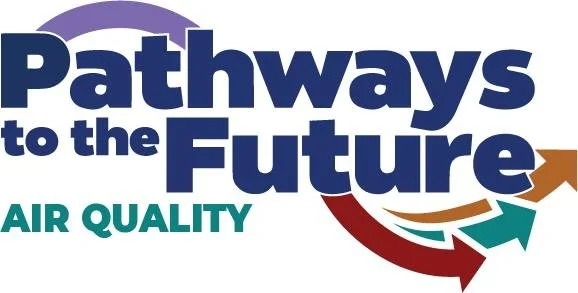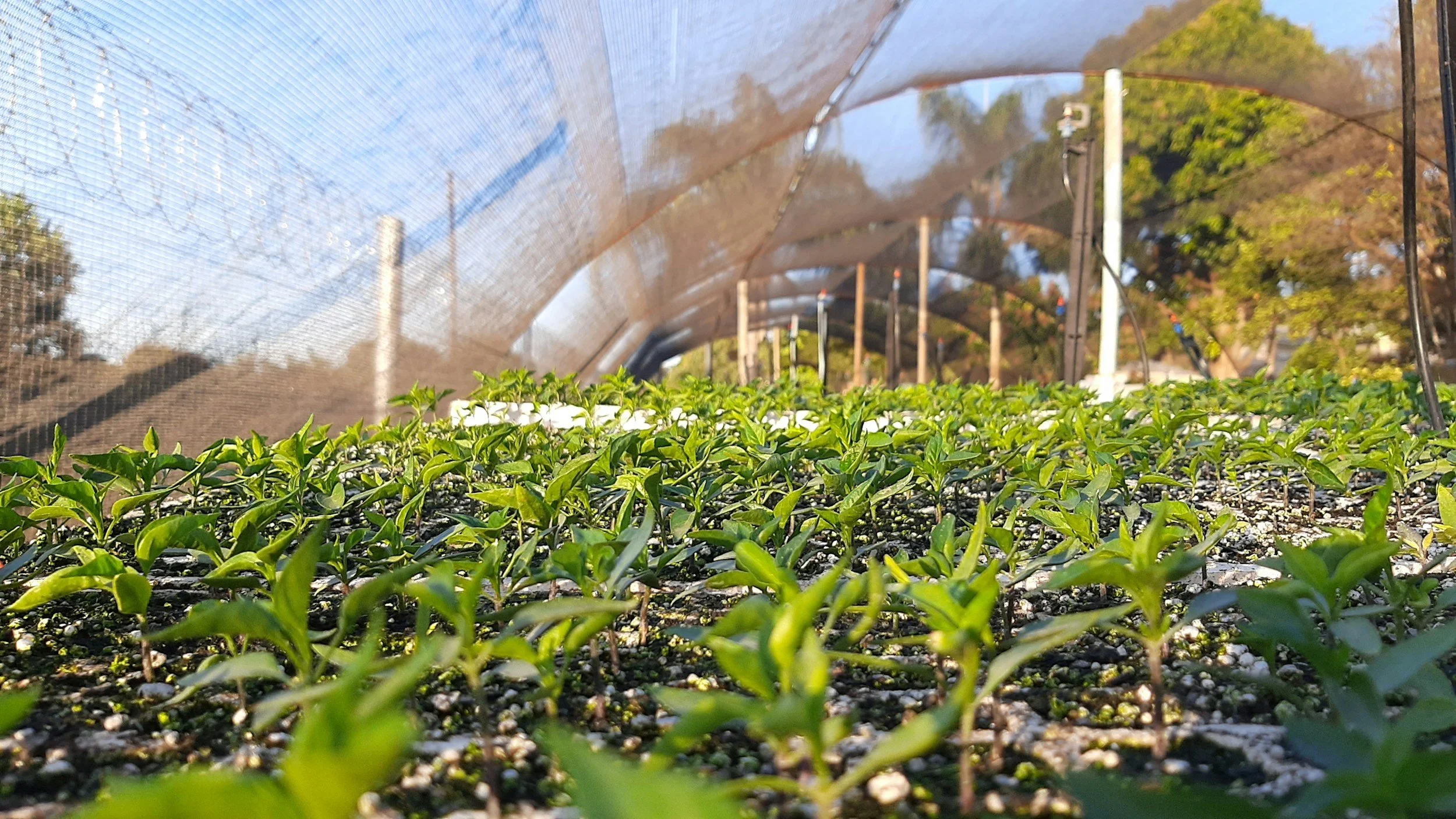You Spoke, We Listened
Residents across the Richmond region shared their priorities, hopes, and concerns about reducing harmful air pollution—and the message is clear. Communities are ready for meaningful action and investment, and they know what change should look like. Explore what we heard and what it means for our collective path forward.
238
Community Organizations Engaged
1,760
Total Survey Responses
21
Community Focus Groups
39
Interviews at Public Libraries
Your Priorities and Concerns
We asked the public to review ways to reduce harmful air pollutants in each sector. Based on the survey feedback and the input of focus groups, we clarified key priorities and areas of opportunity.
-
Residents discussed how pollution is worse in some neighborhoods and how those areas also have the fewest resources. They want to see investments in cleaner air, accessible transportation, and environmental improvements in areas with the worst pollution.
-
Problems should be tackled cohesively, not in isolation. People believe that coordinated solutions across sectors and between localities will have a bigger impact on reducing emissions and improving communities.
-
People want genuine commitments from local government and industry. They want consistent updates on climate actions, and they want to stay engaged. They are looking for measurable solutions that keep our communities moving toward emissions reduction targets.
-
It should be easier for individuals and businesses to do the right thing. There were suggestions to create incentives to encourage a faster and broader transition to renewable energy and to build more sustainably. Identifying and implementing solutions that help more people and organizations take concrete steps to reduce emissions would be useful.
-
Many residents want better access to information on environmental programs, services, and benefits going forward. They desired to know more about programs that can benefit them, such as home energy-efficiency improvements, increased transportation options, and access to composting and recycling.
-
Residents believe that climate action can strengthen the local economy by creating blue-collar jobs, particularly in renewable energy and energy efficiency (often referred to as “green jobs”). There is a desire to see climate initiatives that support sustainable economic growth and that provide training and employment opportunities for residents.
Top Ideas
After reviewing lists of possible actions, survey responders were asked which ones they supported most, or to write in their own. These are the top-ranking actions the community chose….
Promote sustainable agriculture practices and protect green spaces to reduce emissions from land use.
Improve energy efficiency and reduce emissions in residential and commercial buildings
Transition to renewable energy sources like solar, wind, and geothermal to reduce the region’s reliance on fossil fuels
Implement cleaner technologies and incentivize industries to reduce emissions through carbon capture and other methods
Expand and electrify public transportation, reduce vehicle emissions, and improve bike/ped infrastructure
Expand recycling, composting, and waste diversion programs to reduce landfill emissions
Want to make your voice heard?
Check back for more engagement opportunities coming Fall, 2025. In the meantime, view and download the full Community Report here.
All icons created by Kamin Ginkaew from Noun Project











